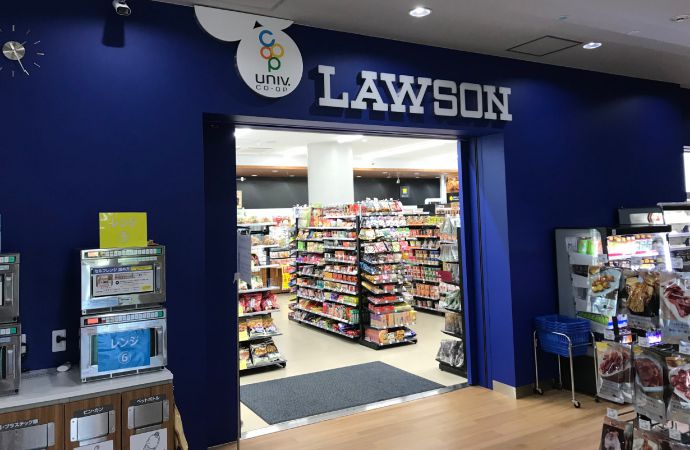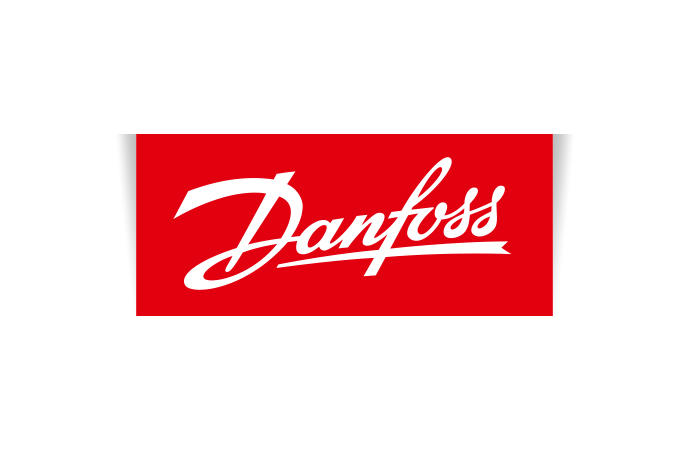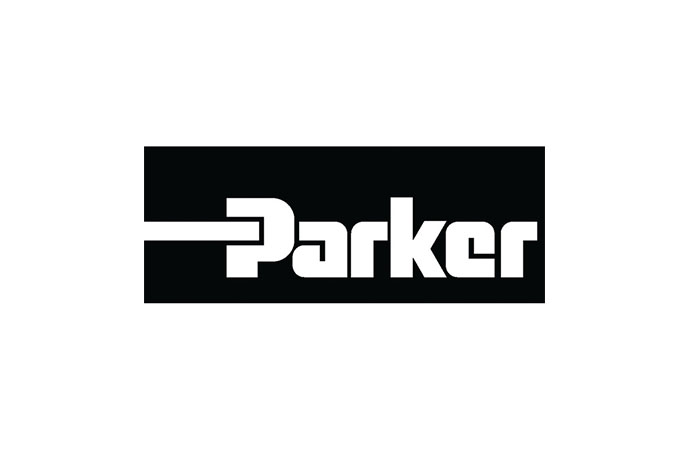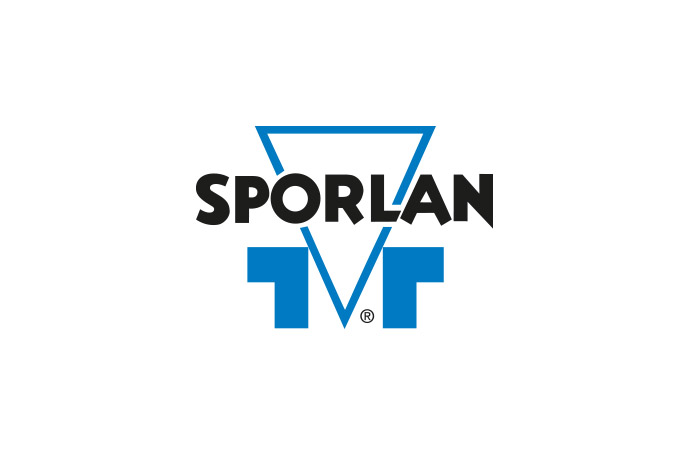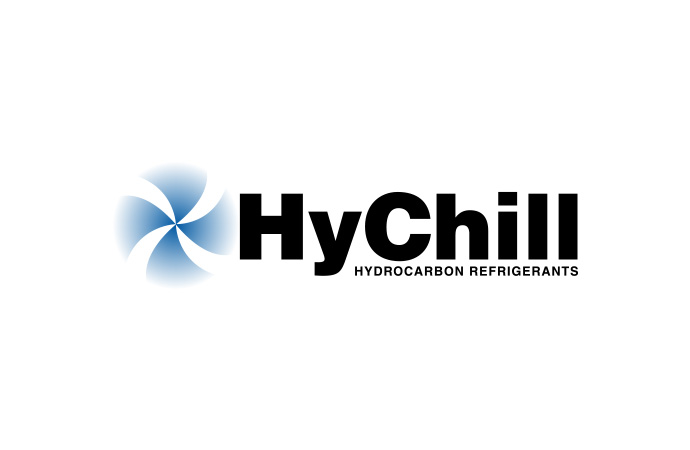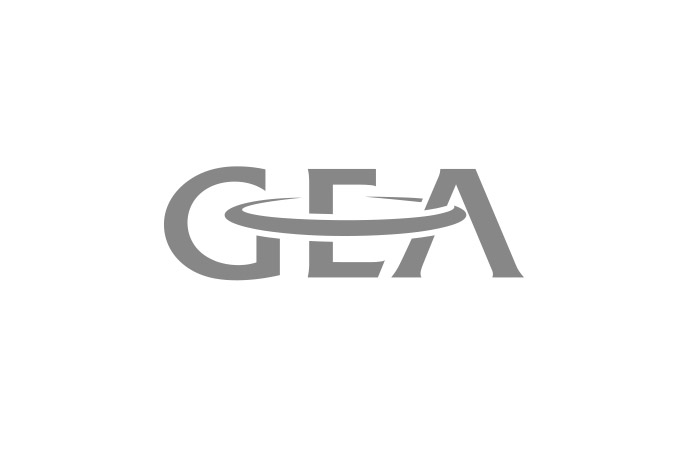In the search for measures to reduce electricity consumption associated with the air conditioning units in the University of West Indies, Jamaica, several units have been converted to hydrocarbon refrigerant, realising enhancement in efficiency of 15% to 20%. Hotels in the region have also been advised to switch to the natural refrigerant.

Several air conditioning units, including window, mini-split and central air-conditioning units at the Mona Campus of the University of West Indies in Jamaica have been converted from HCFC22 to propane (Duracool 22a).
Savings from conversion at the University of West Indies
Econergy Engineering Services in cooperation with Rexham Engineering assessed that by converting a total of 646 units totaling about 1,413 tons of cooling capacity located in different faculties and administration buildings to propane, savings of 350,039kWh annually would be realised. This is equivalent to total annual savings of 8,272,117 Jamaican dollars (about 96,000 USD).
In addition, the hydrocarbon units require less maintenance and repair. These two factors combined results in very significant cost benefits to the university.
Other hydrocarbon conversion examples in Jamaica
Other conversions include the Petroleum Corporation of Jamaica converting a 140 ton chiller, the distribution company Lascelles DeMercado converting all 40 of their mini split and central units and the University of Technology Refrigeration Lab converting all their demonstration models to hydrocarbons.
Energy savings in Jamaican hotels
Results from a energy audits conducted by energy efficiency experts on hotels in Jamaica have revealed that hotels can realise 25-30% of energy savings by putting in place measures such as retrofitting their air conditioners with hydrocarbon refrigerant. The audits were conducted in cooperation with the Bahamas Hotel Association (BHA) as part of a regional project supported by the Inter-American Development Bank's Greenpyme program. With air conditioning accounting for about 64% of energy used by small hotels hoteliers may expect energy savings in terms of a payback period from 0.5 to 1.0 year for retrofits with hydrocarbons, and an average of 2.0 years for new hydrocarbon equipment.
Savings from conversion at the University of West Indies
Econergy Engineering Services in cooperation with Rexham Engineering assessed that by converting a total of 646 units totaling about 1,413 tons of cooling capacity located in different faculties and administration buildings to propane, savings of 350,039kWh annually would be realised. This is equivalent to total annual savings of 8,272,117 Jamaican dollars (about 96,000 USD).
In addition, the hydrocarbon units require less maintenance and repair. These two factors combined results in very significant cost benefits to the university.
Other hydrocarbon conversion examples in Jamaica
Other conversions include the Petroleum Corporation of Jamaica converting a 140 ton chiller, the distribution company Lascelles DeMercado converting all 40 of their mini split and central units and the University of Technology Refrigeration Lab converting all their demonstration models to hydrocarbons.
Energy savings in Jamaican hotels
Results from a energy audits conducted by energy efficiency experts on hotels in Jamaica have revealed that hotels can realise 25-30% of energy savings by putting in place measures such as retrofitting their air conditioners with hydrocarbon refrigerant. The audits were conducted in cooperation with the Bahamas Hotel Association (BHA) as part of a regional project supported by the Inter-American Development Bank's Greenpyme program. With air conditioning accounting for about 64% of energy used by small hotels hoteliers may expect energy savings in terms of a payback period from 0.5 to 1.0 year for retrofits with hydrocarbons, and an average of 2.0 years for new hydrocarbon equipment.
MORE INFORMATION
Related stories


